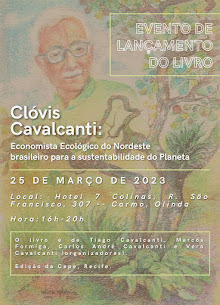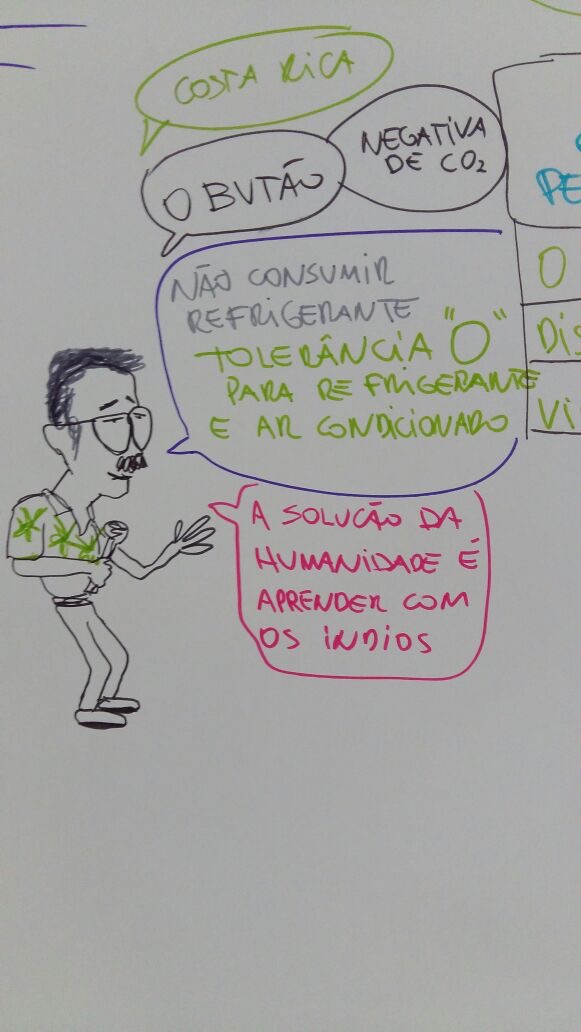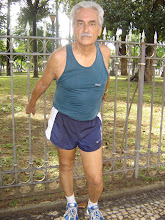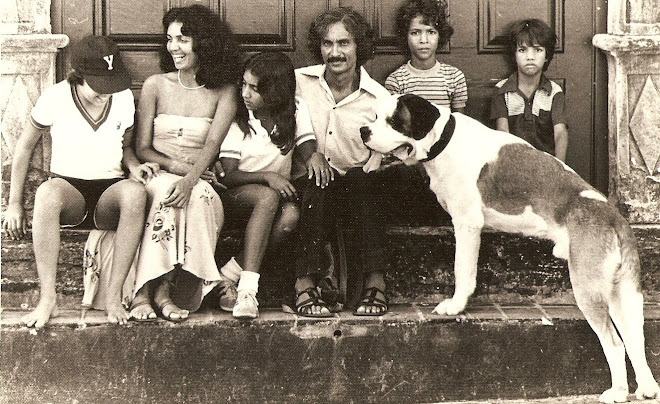Viva o Menino Jesus
domingo, 28 de dezembro de 2025
terça-feira, 9 de dezembro de 2025
domingo, 26 de outubro de 2025
Casamento do neto Vito em Sibaúma, Pipa e Timbaú do Sul - RN
Casamento de Vito e Pamela em Campinas (SP, igreja) e Sibaúma (RN)
Campinas:
Comemoração com familiares e amigos no RN - Pipa:
Assinar:
Comentários (Atom)











































































































